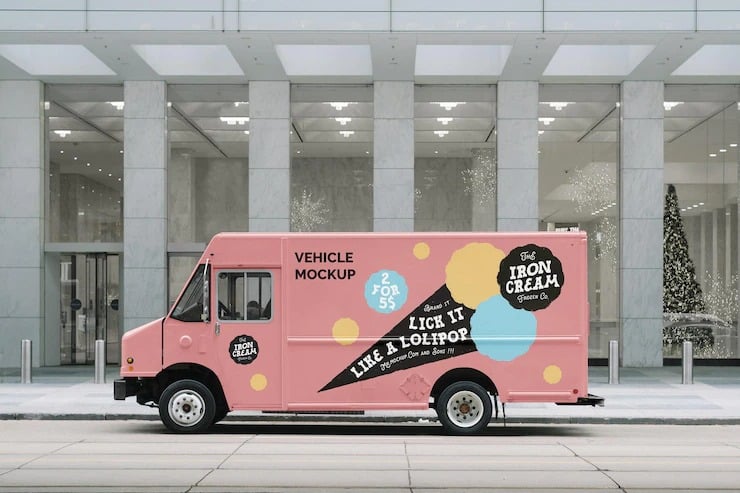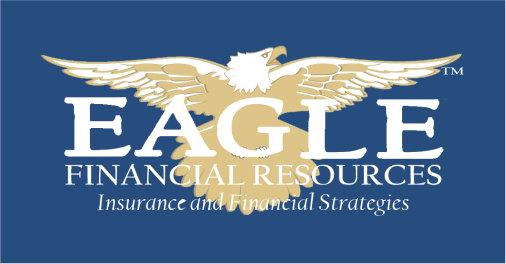Food Liability Insurance combines several coverages to provide comprehensive protection for your business. Typically, food liability insurance will include the following coverages:
- Commercial General Liability (CGL) Insurance: CGL protects you from the day-to-day risks of running a business if you’re liable for a third party’s bodily injury or property damage. For example, a customer banged their head on your serving hatch and needed stitches. Your CGL policy could cover the cost of their medical bills.
- Product Liability Insurance: Product liability coverage can be included in a CGL policy. This coverage protects you against allegations of property damage or bodily injury caused by a product you manufacture, distribute, or sell – this includes the food and drinks you serve. For example, if a customer complains of food poisoning after eating your food, their medical costs and your legal fees could be covered by product liability insurance.
- Inland Marine: Inland marine coverage can protect your business from the cost of repairing or replacing broken or stolen business equipment. If your business frequently ships products or equipment, you may want to consider purchasing inland marine insurance.
- Commercial Property Insurance: Commercial property insurance provides financial protection for your business premises and its assets from insured risks that occur beyond your control – for example, a fire, theft, and specific severe weather events. For example, say your venue is caught in a windstorm, and its exterior is damaged by flying debris. Commercial property insurance would cover the costs of repairing the damage.
- Business Interruption Insurance: Commercial property insurance often includes business interruption coverage. This coverage provides financial reimbursement for lost income after an insured event. Say the windstorm example from above caused your food truck to need to be sent for repairs for a week, or the rented venue to require huge repairs, this may mean you’ve lost a weeks’ worth of income. Business interruption insurance would cover the estimated lost revenue. Be advised business interruption coverage doesn’t cover the income lost due to a pandemic, infectious disease, or government-mandated closures.
- Equipment Breakdown Insurance: As a food vending business owner, you use professional equipment such as commercial appliances. Equipment breakdown insurance can cover the costs of repairing or replacing broken-down professional equipment or equipment that’s damaged due to mechanical failure or electrical issues. This policy can also provide financial coverage for the lost revenue and food spoilage directly related to the breakdown. Suppose you’re an ice cream vendor, and your commercial freezer breaks down on a hot day – equipment breakdown insurance would cover the repair costs and the estimated lost revenue.
- Legal Expense Insurance: Legal expense insurance provides financial coverage to offset the costs of hiring a lawyer for events where legal support isn’t typically covered by other policies (e.g. property protection, bodily injury to yourself or an employee). This coverage provides access to legal advice and the financial support to retain a lawyer if needed.


